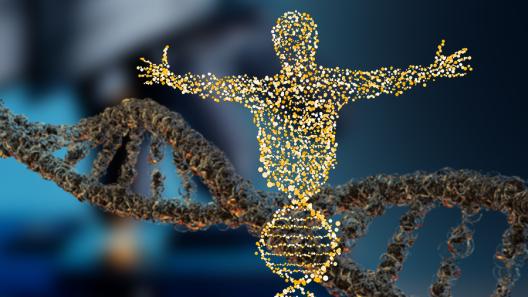Development & Aging

All multicellular organisms including humans begin their journey through life as a single cell with one copy of the genome. This cell must then follow exacting temporal and spatial constraints during development to produce a functional organism. The organism must then coordinate and perform a myriad of complex processes to maintain a healthy state, which eventually breaks down as the organism ages. Advances in sanitation, nutrition, and health care in developed countries have dramatically increased lifespan. A challenge for current researchers is to not only understand how nonlinear processes are regulated in developing and aging organisms, but using those tools to develop more effective treatments for disease processes that co-opt normal developmental processes (e.g. cancer) or emerge later in life (e.g. neurological degeneration, cardiovascular disease). Understanding these processes requires a range of data, from that produced in controlled laboratory settings (microbiology) to that collected as part of largescale observational studies and population censuses (demography and population health).
